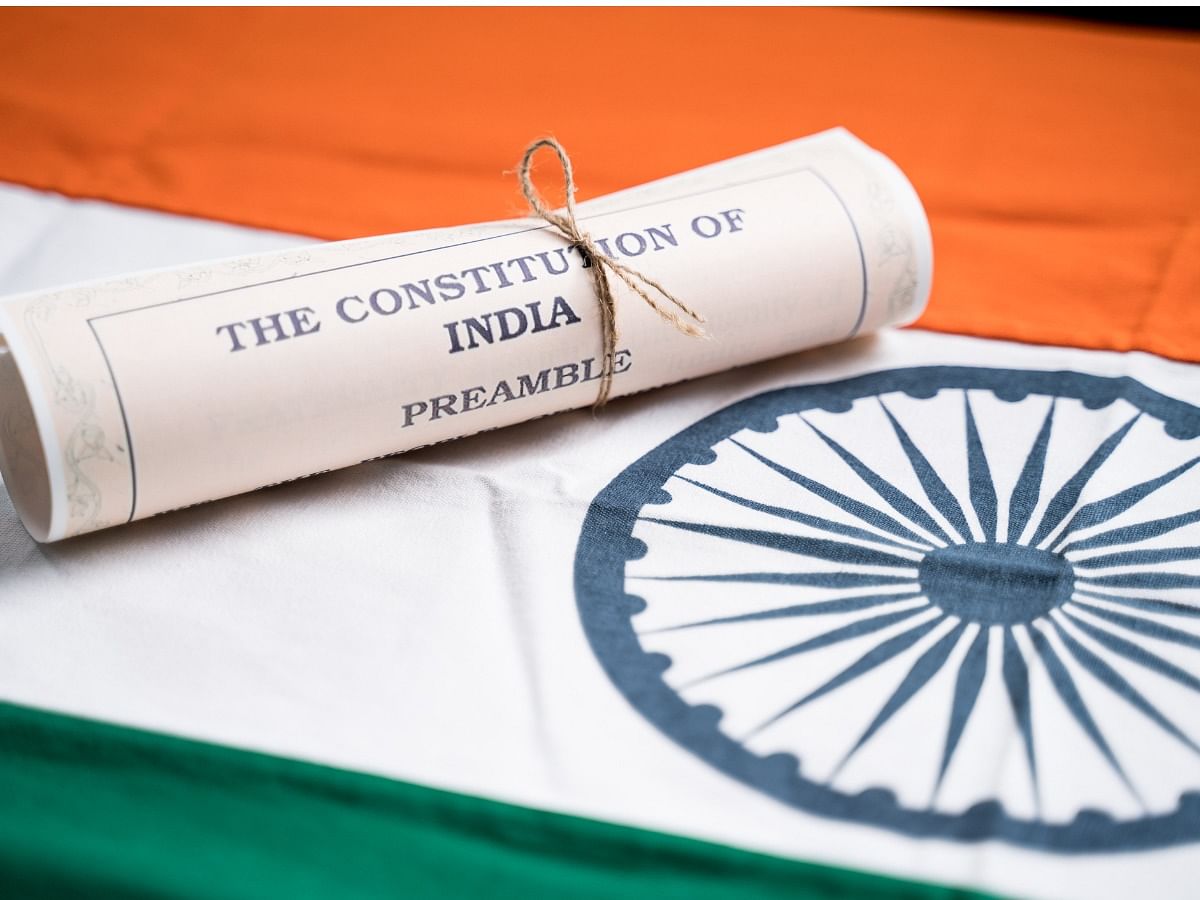
Image Source: thequint.com
Parliamentary systems worldwide rely on the principles of democracy, accountability, and independence to ensure the effective functioning of the legislative process. One crucial aspect that contributes to the integrity of the parliamentary system is the authority to disqualify members when necessary. From a UPSC perspective, understanding this authority is essential for aspirants preparing for civil service examinations.
The Constitutional Basis
The authority to disqualify members of Parliament is grounded in the constitutional framework of a country. Constitutions often delineate the eligibility criteria for individuals seeking to become members of Parliament and also specify the circumstances under which disqualification can occur. For example, Article 102 and 191 of the Indian Constitution enumerate the grounds for disqualification of Members of Parliament and Members of the State Legislature, respectively.
Grounds for Disqualification
The grounds for disqualification typically include violations such as holding an office of profit, dual citizenship, defection from a political party, and criminal convictions. These provisions aim to maintain the purity of the legislative process, ensuring that individuals with conflicting interests or engaging in unlawful activities do not influence the decision-making within Parliament.
Role of the Election Commission
The Election Commission of a country often plays a pivotal role in the disqualification process. It acts as the arbiter, investigating and making determinations on cases of alleged disqualification. Aspirants for UPSC exams should have a comprehensive understanding of the Election Commission's functions, as questions related to electoral processes are common in the examination.
Significance for Aspirants
From a UPSC perspective, knowledge of the authority to disqualify in Parliament is crucial for various reasons. Questions related to constitutional provisions, recent disqualification cases, and the implications of disqualification on the political landscape are common in the examination. Aspirants must stay abreast of current affairs and legal developments to answer such questions effectively.
Conclusion
Empowering independence through the authority to disqualify is a fundamental aspect of parliamentary systems. Aspirants preparing for UPSC exams must delve into the constitutional nuances and legal precedents surrounding disqualification. A thorough understanding of this topic not only enhances their chances of success in the examination but also equips them with the knowledge necessary for effective public service.